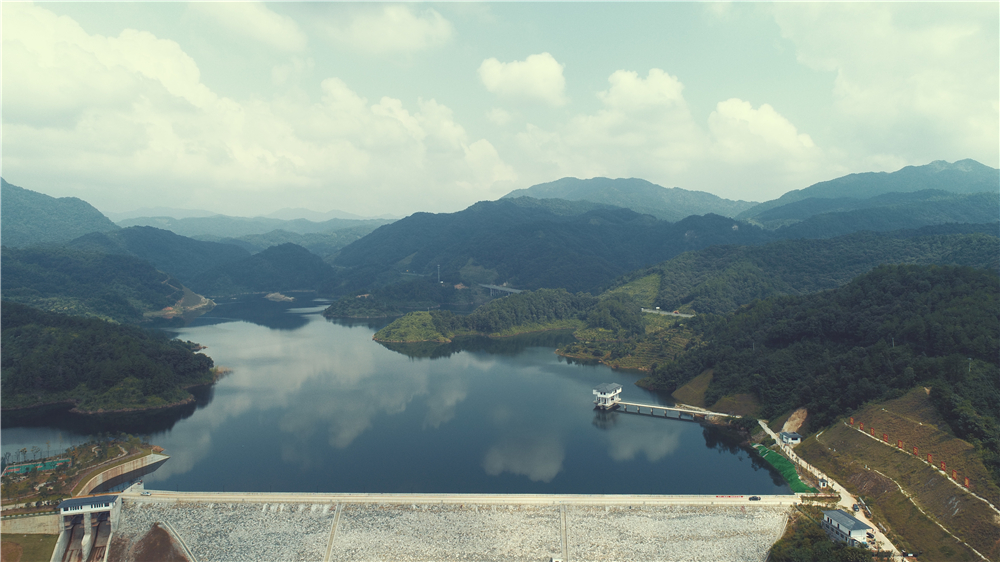Bittersweet harvest


Helping Hong Kong
In 1963, Hong Kong experienced a drought, and at its height, the city only had enough water reserves to last 43 days.
Local associations, including the Chinese General Chamber of Commerce and the Hong Kong Federation of Trade Unions, sought assistance from the central government. In December 1963, the government committed 38 million yuan to the construction of the Dongjiang-Shenzhen Water Supply System.
On March 1, 1965, about 68 million cubic meters of water began flowing into Hong Kong from the Dongjiang River.
The main source of the Dongjiang River is at the foot of the Yajibo mountain close to Huang's orange plantation and many others.
Over the past five decades and after three large-scale expansion programs, the project increased its annual water supply to Hong Kong from 22 million cubic meters to about 820 million cu m. The Dongjiang-Shenzhen Water Supply System now supplies up to 80 percent of the city's freshwater.
"I'd known since I was a kid that we share the water of the Dongjiang River with Hong Kong," said Chen, the 50-year-old farmer, who was also forced to remove his orange plantation. "We never intended to contaminate the water. When most of us became aware of the water problems we decided to make sacrifices," he said.
After an internal struggle and discussions with his family, Huang decided to chop down all the orange trees himself. It took him five days to fell 1,000 trees. For his sacrifice he received 110-130 yuan compensation for each tree. One hectare of land supports about 60 orange trees.
Zeng Kunming, Party head of the local township said: "I understand his loss, and his final decision proved that he was not a selfish man."
He added that poultry farmers were also forced to move to other places as excrement from their birds had also contaminated the river. "I can say that all the farmers have made efforts to provide better water quality for the rest," he said.
Huang said: "The compensation I received from the government relieved my economic pressure. But still, the best days were gone, and soon it was not only over for the people farming near the river source but for all the orchardists in Xunwu."
In all, 370 households around the water source relying on oranges for income were forced to chop down their citrus trees.























